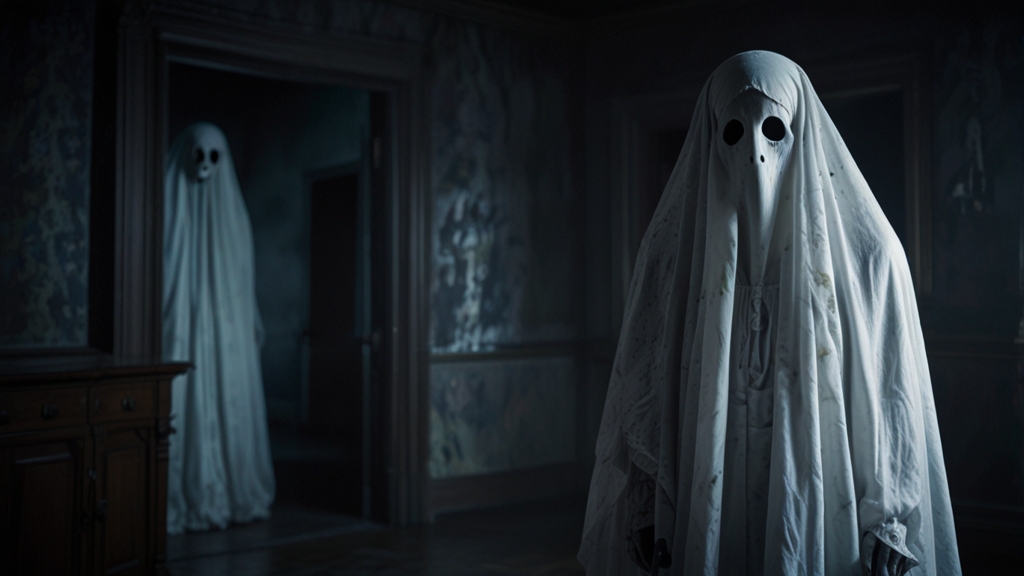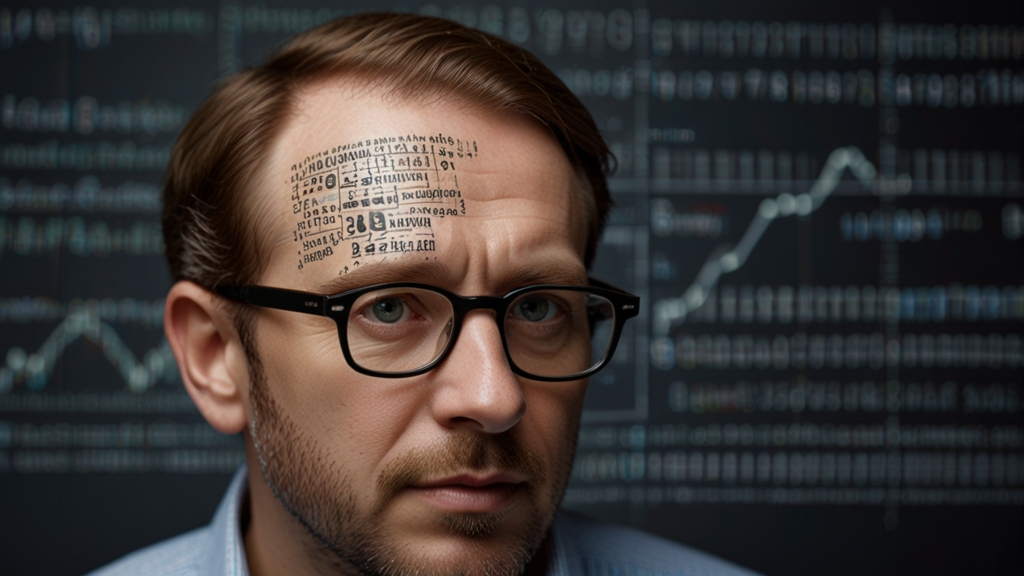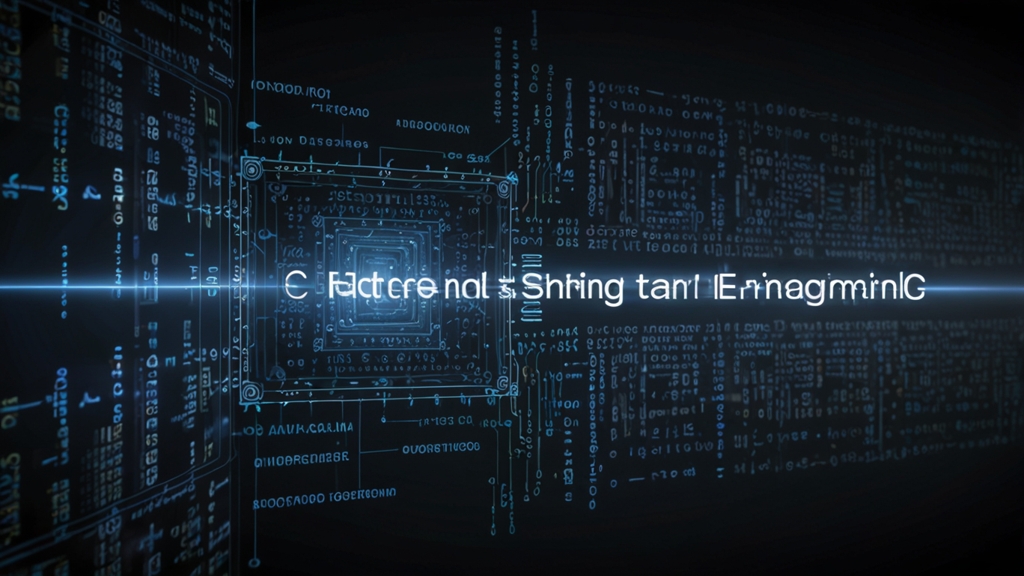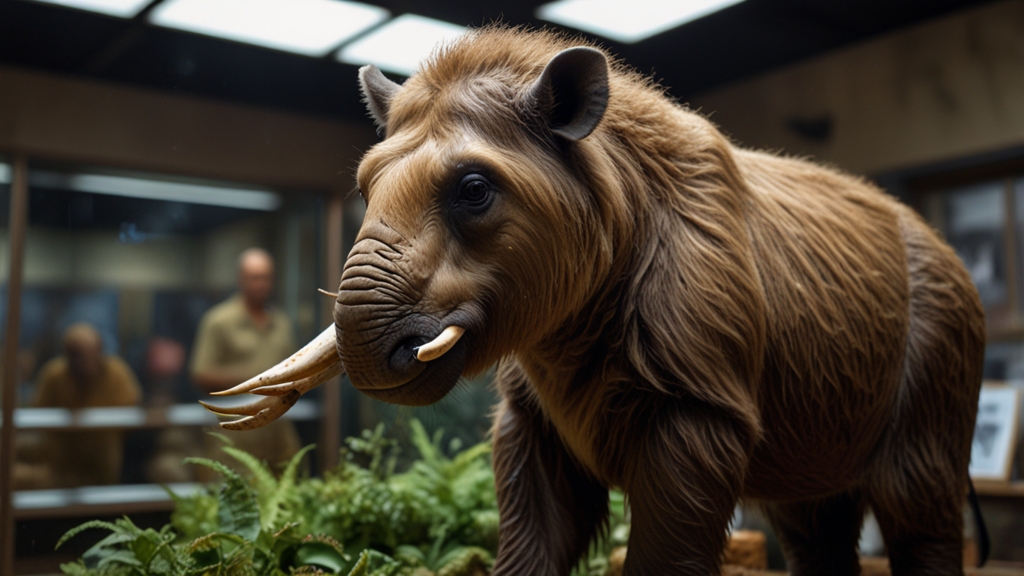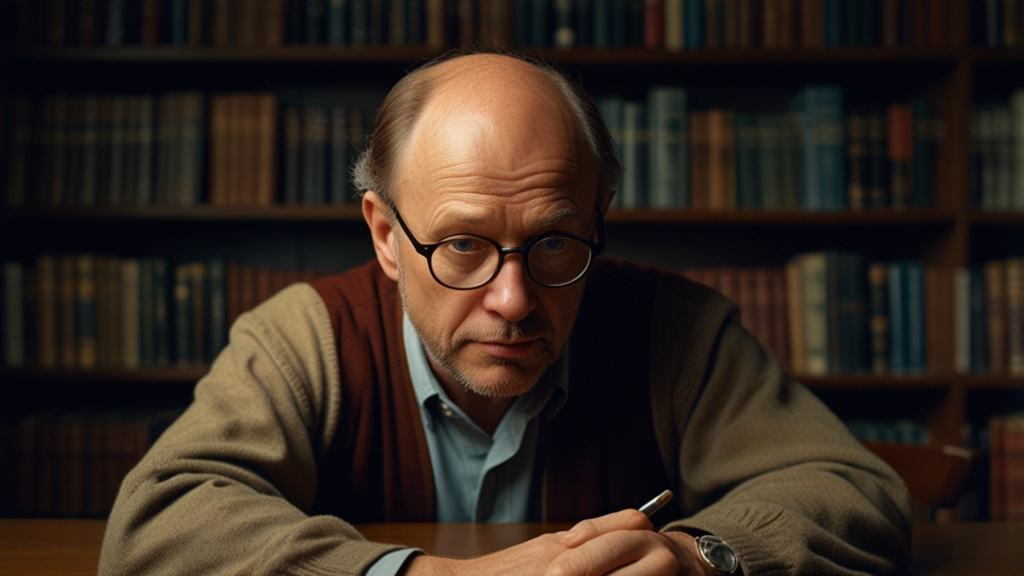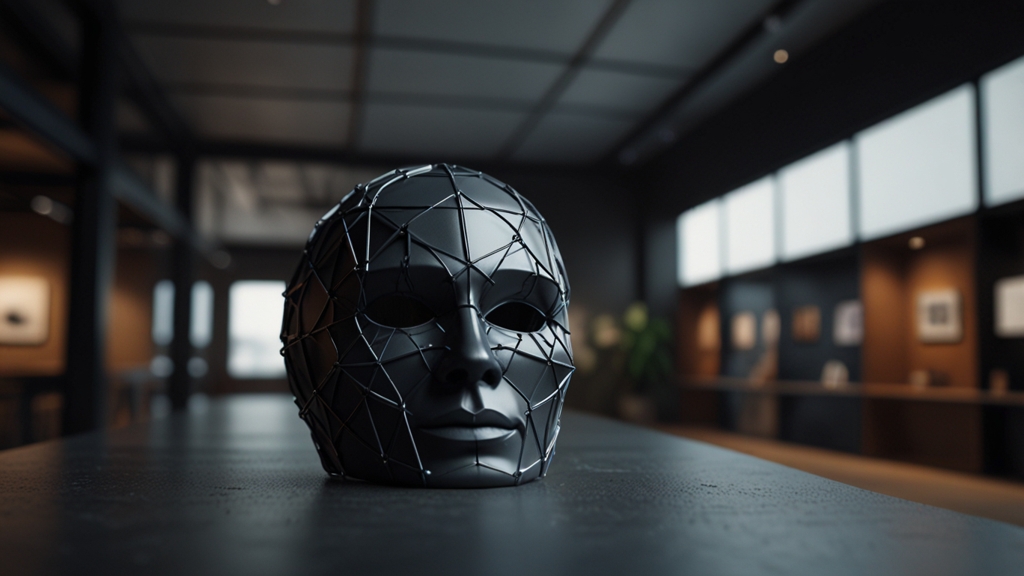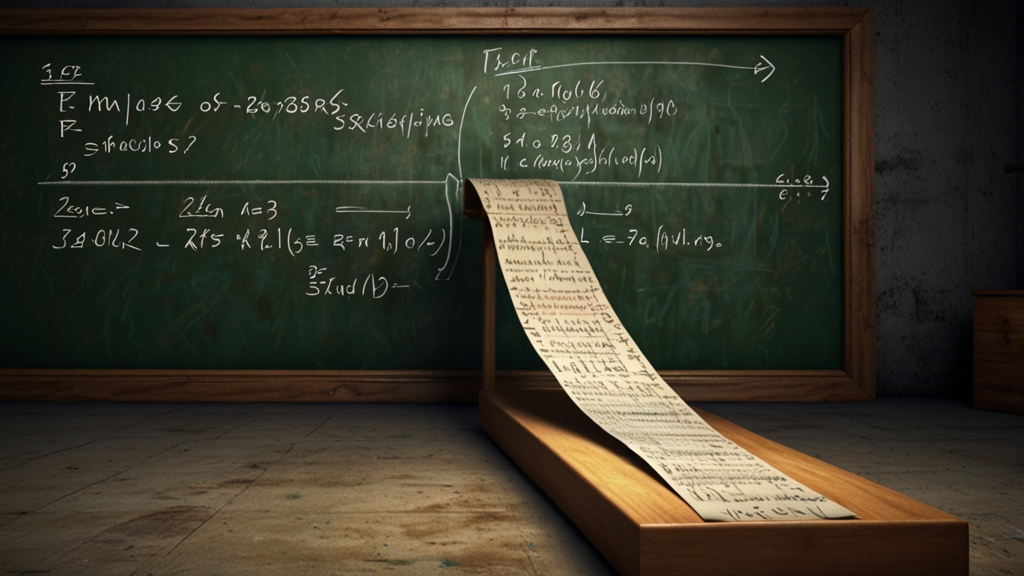Are Ghosts Real? New Scientific Approaches to the Paranormal
For centuries, the question of whether ghosts exist has fascinated and perplexed both believers and skeptics alike. Tales of eerie apparitions, unexplained noises, and mysterious occurrences have been perennial features in folklore and popular culture. However, modern science is beginning to explore these phenomena with new methodologies and technologies, aiming to discern if there is any credibility to the claims. This article delves into the latest scientific approaches to the paranormal and evaluates their findings.
The Psychology of Ghosts
One of the primary areas of scientific inquiry into the paranormal is psychology. Researchers are keen on understanding why people believe they have encountered ghosts and what might be occurring in the brain during such experiences. Cognitive scientists suggest that certain psychological conditions—such as sleep paralysis, pareidolia (the tendency to perceive recognizable patterns in random stimuli), and suggestibility—could explain many reports of ghost sightings.
“The human brain is a pattern-seeking organ. It often tries to make sense of ambiguous or incomplete stimuli by filling in the gaps,” says Dr. Susan Blackmore, a psychologist and a leading researcher in consciousness studies.
Moreover, cultural factors can play a significant role. What one person interprets as a ghostly presence might be seen as something entirely different in another cultural context. These psychological and cultural aspects are essential in understanding why ghost stories are so pervasive across the globe.
Technological Tools in Ghost Hunting
Another angle of investigation involves the use of cutting-edge technology to detect potential paranormal activity. Ghost hunters and some scientists employ various instruments, such as electromagnetic field (EMF) meters, infrared cameras, and audio recording devices, to capture evidence of the supernatural.
“If ghosts are real, then they should be subject to the same physical laws as all other phenomena. Tools like EMF meters help us investigate these claims scientifically,” notes Dr. Michael Persinger, a neuroscientist known for his work on the "God Helmet," a device designed to stimulate religious experiences.
However, the results so far have been inconclusive. Many supposed bits of evidence—electronic voice phenomena (EVP), orbs in photographs, and fluctuations in EMF readings—often have non-paranormal explanations, such as equipment malfunctions, environmental factors, or even hoaxes.
Quantum Mechanics and the Paranormal
More speculative but equally intriguing is the idea that concepts from quantum mechanics could offer some insight into paranormal phenomena. Theories such as the many-worlds interpretation or quantum entanglement have been suggested as possible scientific bases for ghostly experiences. While these theories are fascinating, they remain highly theoretical and lack empirical support. Scientists caution against jumping to conclusions in linking quantum mechanics to the paranormal.
For example, physicist Dr. John Cramer has hypothesized that some ghost sightings could be instances where our brain leaks information from parallel universes. However, he admits that such ideas are purely speculative and should be treated with skepticism until more concrete evidence is available.
The Role of Anecdotal Evidence
Anecdotal evidence has always played a significant part in the discourse on ghosts. Personal stories and testimonials are compelling and often difficult to dismiss entirely. Yet, from a scientific viewpoint, anecdotes lack the rigor and reproducibility required for empirical validation.
Nevertheless, researchers like Dr. Dean Radin at the Institute of Noetic Sciences argue that anecdotal data can provide valuable context and insights that may spur further scientific investigation. "While not definitive, personal accounts can point us toward phenomena that warrant controlled studies," he asserts.
Conclusion
The existence of ghosts remains an open question. Modern scientific methodologies, from psychological analysis to technological investigations and even quantum mechanics speculations, have provided frameworks to explore this age-old mystery. While no definitive proof of ghosts has been found, these scientific approaches contribute to our understanding of why people believe in and report encountering the paranormal.
Until further empirical evidence is procured, the question "Are ghosts real?" will likely continue to be a topic of fascination, debate, and ongoing scientific inquiry.
